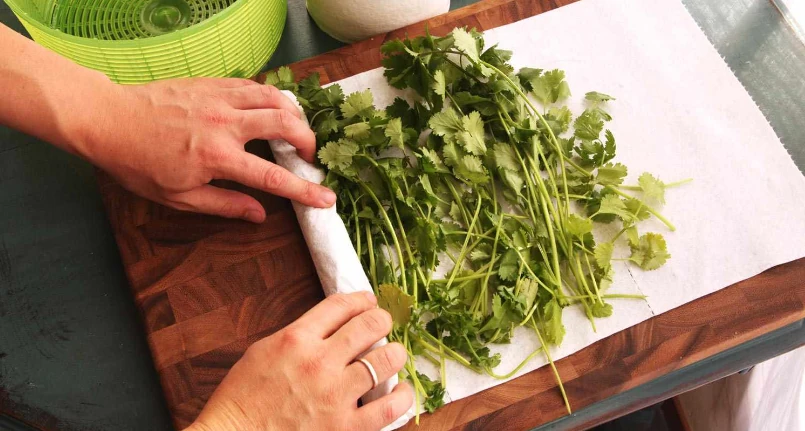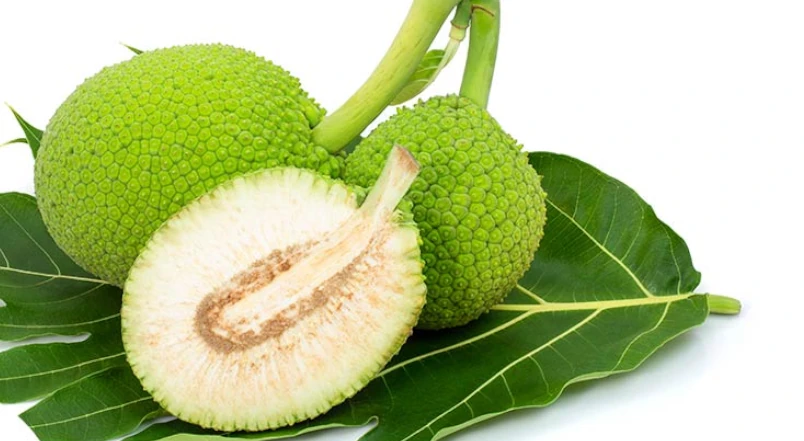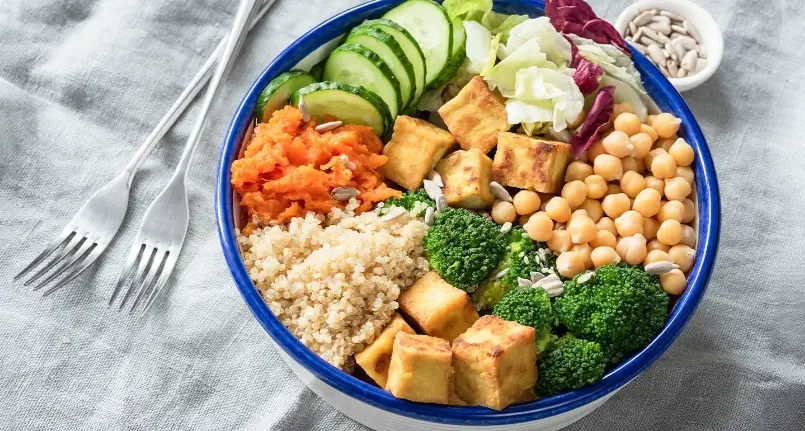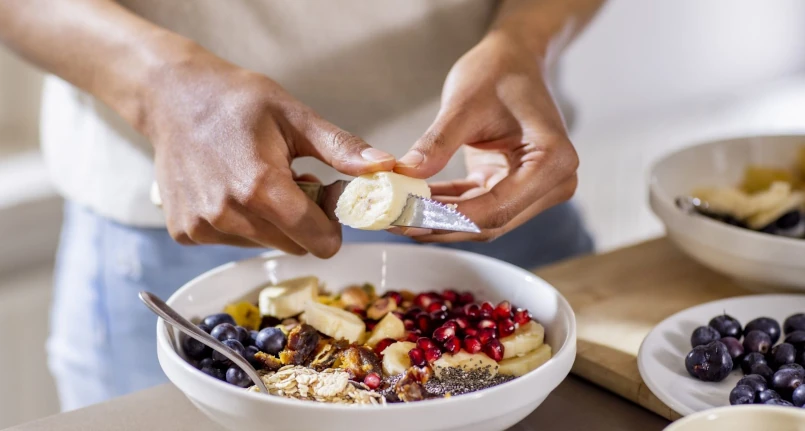Herbs and spices are widely used in the kitchen because they have the ability to enhance the flavors of many recipes and many of them, if consumed regularly, bring numerous benefits to the body thanks to their powerful antioxidant, anti-inflammatory andrisk – reducing properties associated with cardiac and respiratory diseases.
Being dry, one often makes the mistake of believing that their duration is unlimited but this is not always the case and each type has precise rules to follow to avoid deterioration.
Shelf life of common herbs and spices
Commonly when we speak of herbs and spices we mean aromatic vegetable substances in whole, broken or ground form coming from roots, bark or dried stems of a plant, whose primary function in the kitchen is to season dishes.
When determining their duration, the variables to take into consideration are mainly the type and processing they have undergone to be ready for use.
Dried herbs are the ones that last the shortest, usually 1 to 3 years . The best known are basil , oregano , thyme , rosemary , bay leaves , dill , parsley , coriander , mint , marjoram and sage .
Ground or powdered spices tend to last longer than dried herbs. Generally we speak of 2 or 3 years but the time extends further in case they are little worked. The most common ground or powdered spices are ginger , garlic powder , cinnamon , chili powder , ground turmeric , ground cardamom , paprika , crushed red pepper flakes, multiple blends.
Finally, whole or unground spices have a longer shelf life, as less of the surface area is exposed to air, light and moisture, allowing them to retain their oils and flavor compounds longer than spices. to the other types.
If stored correctly they can last up to 4 years . The most common are whole peppercorns, coriander, mustard seeds , fennel seeds , cumin seeds , whole nutmeg, cloves, cinnamon sticks , whole dried chiles, and lemongrass .
Salt is the exception to the rule, as it can be used indefinitely regardless of its size and shape without spoiling or losing flavor .
How to understand when to throw herbs or spices
Dried herbs and spices do not expire in the traditional sense, and hardly consuming them after the recommended period can lead to adverse health effects . However, the flavor and aroma tend to diminish over time .
Many spices purchased in stores have an expiration date on the packaging, which indicates the period of time during which they approximately maintain their flavor and quality. However, this hardly happens in the case of goods bought in bulk or in flea markets. In that case, if while you are preparing to use them you are not sure of their goodness it is advisable to smell or rub them and if the scent is weak and the taste is lackluster , it is probably a good time to replace them.
How to best store spices and herbs
To make spices and herbs last as long as possible, there are a few things you can do.
Minimizing their exposure to air , heat, light and humidity is the main key to extending their life and for this reason, although storing them in transparent containers next to the stove can be convenient for quick use, over time it could prove to be a counterproductive move.
It is therefore better to store them in a cool , dry and dark environment such as a pantry, a drawer or a wardrobe positioned away from heat sources.
It’s also helpful to make sure your herbs and spices are enclosed in airtight, non-porous containers . Those in non-transparent glass or ceramic are the best choice because they are easy to clean and excellent shields against air and humidity.
Plastic containers, on the other hand, despite being a popular choice, are not the optimal one because they are generally not airtight and can absorb the colors and smells of different spices, making it more difficult to reuse them.
Further viable alternatives are stainless steel or tin containers as metal keeps spices and herbs safe from heat if placed not far enough from the hob .
While refrigeration isn’t essential, red spices like paprika and cayenne pepper retain their pigment longer when kept in the refrigerator . Similarly , refrigerated condiments that contain oil, such as sesame and poppy seeds , can prevent them from going rancid.
Also, keep in mind that moisture can quickly degrade the flavor and texture of spices, potentially causing cake or mold to form . One way to keep spices dry is to use a spoon to scoop them out of the container before adding them to hot food instead of sprinkling them directly from the containers.




